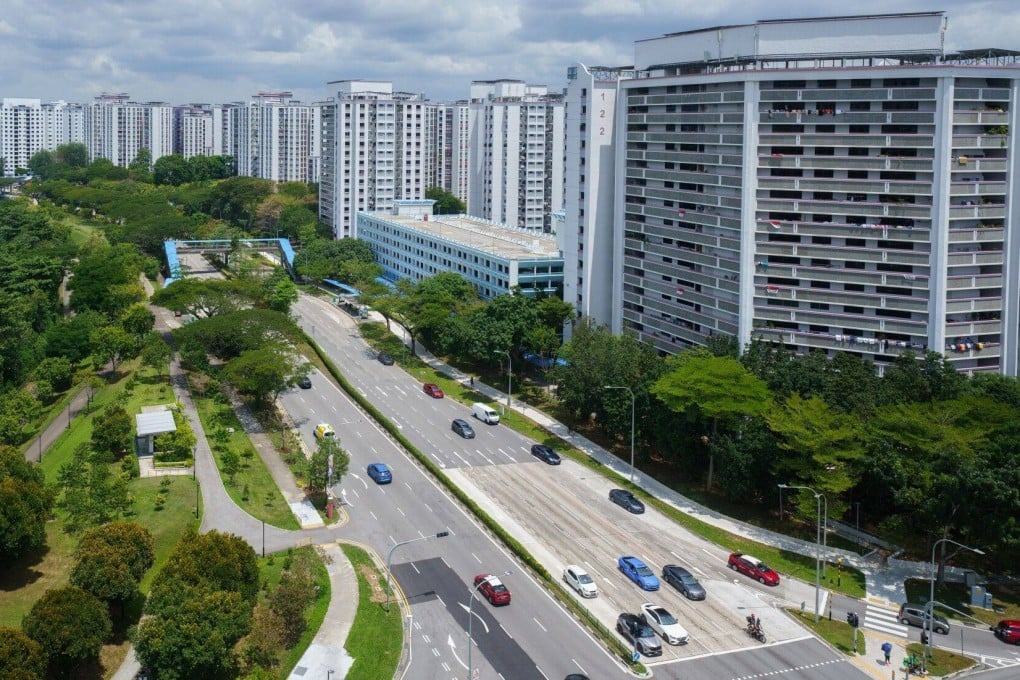Advertisement
Singapore’s PAP faces housing affordability reckoning in run-up to high-stakes election
- Voters ‘priced out’ of Singapore’s housing market could yet deliver a harsh verdict on the government’s handling of the affordability crunch
Reading Time:5 minutes
Why you can trust SCMP
4

As concerns grow over housing affordability in Singapore, the government’s latest cooling measures reflect an urgent need to stabilise the market ahead of a high-stakes election, with experts warning that dissatisfaction over rising costs could become a pivotal issue.
“The angst, anxiety and anger that we are witnessing will be further stoked when the general election comes around,” said Eugene Tan, a law professor from the Singapore Management University.
“It will be part of the narrative that Singapore has become less egalitarian, more expensive, increasingly elitist.”
Last week, the Singapore government unveiled yet another round of measures aimed at cooling the housing market – the fourth such intervention since December 2021 – as part of efforts to ensure that public housing flats, home to around 80 per cent of the population, remain affordable and equitably distributed.
In his maiden National Day address last weekend, Prime Minister Lawrence Wong acknowledged the housing issue. “Our current problems arose because of Covid-19 and the disruption caused to the construction industry,” he said. “Supply of new residential units slowed down, and so prices went up.”
However, Wong struck a reassuring tone, insisting that the backlog of new housing inventory will be cleared by early next year and stressing that the government’s ambition to launch 100,000 new flats between 2021 and 2025 remains on track – a goal he believes has already started to stabilise the property market.
Advertisement